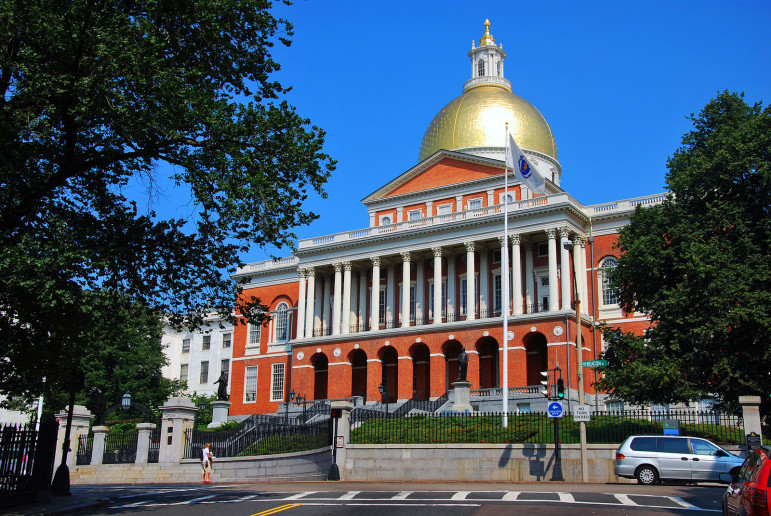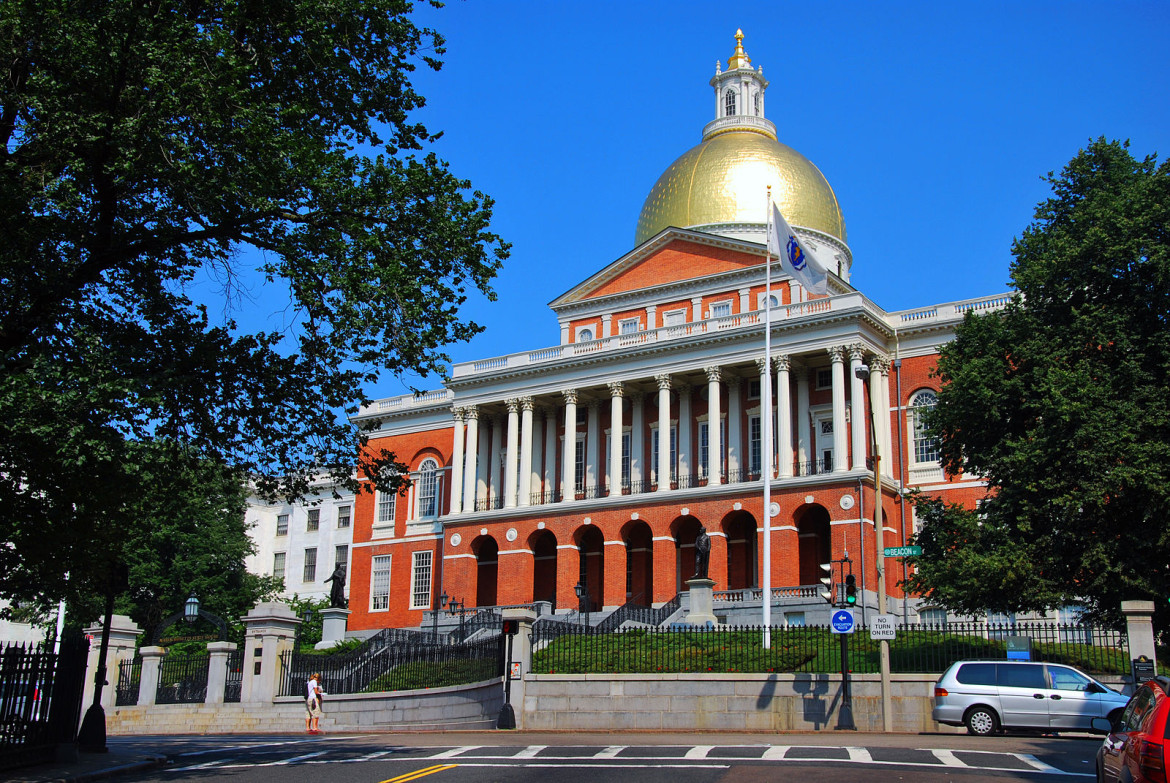
Gov. Charlie Baker announced Wednesday that K-12 schools and non-emergency child care facilities in the Bay State will remain closed until May 4 as a precaution due to the Coronavirus outbreak.
The announcement came as the number of cases of the Coronavirus (COVID-19) jumped by 679 in Massachusetts in one day. In Watertown the number went from 12 to 15.
Also, the Mass. Department of Public Health issued an order requiring grocery stores and pharmacies to have at least one hour of 60-and-older-only shopping, according to a report on NBC 10 Boston. Those types of stores must lines on the floor showing the social distancing mark as well as ways to clean carts and other frequently touched objects.
The following announcement was released by the Governor’s Office:
The Baker-Polito Administration today announced new actions to support the ongoing COVID-19 response, including extending the closure of all public and private schools and non-emergency child care programs and steps to protect homeowners and low-income tenants from eviction and foreclosure. The Department of Public Health (DPH) also issued an order relative to pharmacies and grocery stores.
Schools and Non-Emergency Child Care Programs: Governor Charlie Baker issued an emergency order extending the closure of all public and private schools, and all non-emergency childcare programs, until May 4 in an effort to prevent the further spread of COVID-19 in the Commonwealth.
- This order expands on previous orders issued on March 15 and March 18 suspending normal educational operations at schools and non-emergency child care programs until April 6, and the Department of Early Education and Care (EEC) established a process to approve Exempt Emergency Child Care Programs to serve vulnerable children and families of first responders and essential workers.
- This closure extends one week beyond scheduled spring vacation week on most school district calendars.
- The order does not apply to residential special education schools.
- This extension will allow school administrators and educators added planning time to ensure students can complete course requirements, as well as provide teachers with time to expand remote learning opportunities.
Read the Orders here: K-12 School Order | Early Education School Order
Remote Learning and Education: During this time, the Department of Elementary and Secondary Education (DESE) is requesting that educators continue to develop and assemble high-quality educational materials to provide students with effective remote learning resources through the month of April. The Department is also creating a model for districts to use and modify in collaboration with local stakeholders to fit their school district’s needs, and will continue to work with schools to identify best practices for implementing effective remote learning.
Remote learning encompasses a wide variety of learning methods, including both analog and online. While technology is an excellent tool, districts should also consider ways students can continue to learn offline.
This could include exploring nature, activities to support students’ local communities (with appropriate social distancing) and engaging in hands-on projects and artistic creations that stem from students’ experiences.
Additionally, through a new partnership between DESE and WGBH, educational resources will be posted on the department’s website, and middle and high school students can access WGBH and WGBY educational programming on WGBH and WGBY on the WORLD channel from noon to 5 p.m.
Housing Stability for Vulnerable Populations: The Baker-Polito Administration announced steps to keep vulnerable families in their homes, preserve the health and safety of low-income renters and homeowners, and prevent homelessness due to reduced or lost income. These steps include the following:
- DHCD is moving to temporarily suspend terminations of federal and state rental vouchers under their purview.
- MassHousing is transferring $5 million to the Department of Housing and Community Development (DHCD) for a COVID-19 Rental Assistance for Families in Transition (RAFT) fund to assist families facing rent insecurity.
- The Division of Banks (DOB) has issued new guidance to Massachusetts financial institutions and lenders urging them to provide relief for borrowers and will advocate for a 60-day stay on behalf of all homeowners facing imminent foreclosure on their homes.
- DHCD is issuing guidance recommending that all owners of state aided low-income housing, including Local Housing Authorities and private owners, suspend both pending non-essential evictions and the filing of any new non-essential evictions.
- Affordable housing operators are urged to suspend non-essential evictions for loss of income or employment circumstances resulting in a tenant’s inability to make rent.
- This guidance urges operators to establish reasonable payment plans, notify Section 8 or public housing residents about interim income recertification to adjust rent payments, and to consider offering relief funding for residents ineligible for income reassessment.

The Commonwealth is making this more difficult than it needs to be. They are so worried about no kid left behind that they will leave all kids behind. More egalitarian that way.